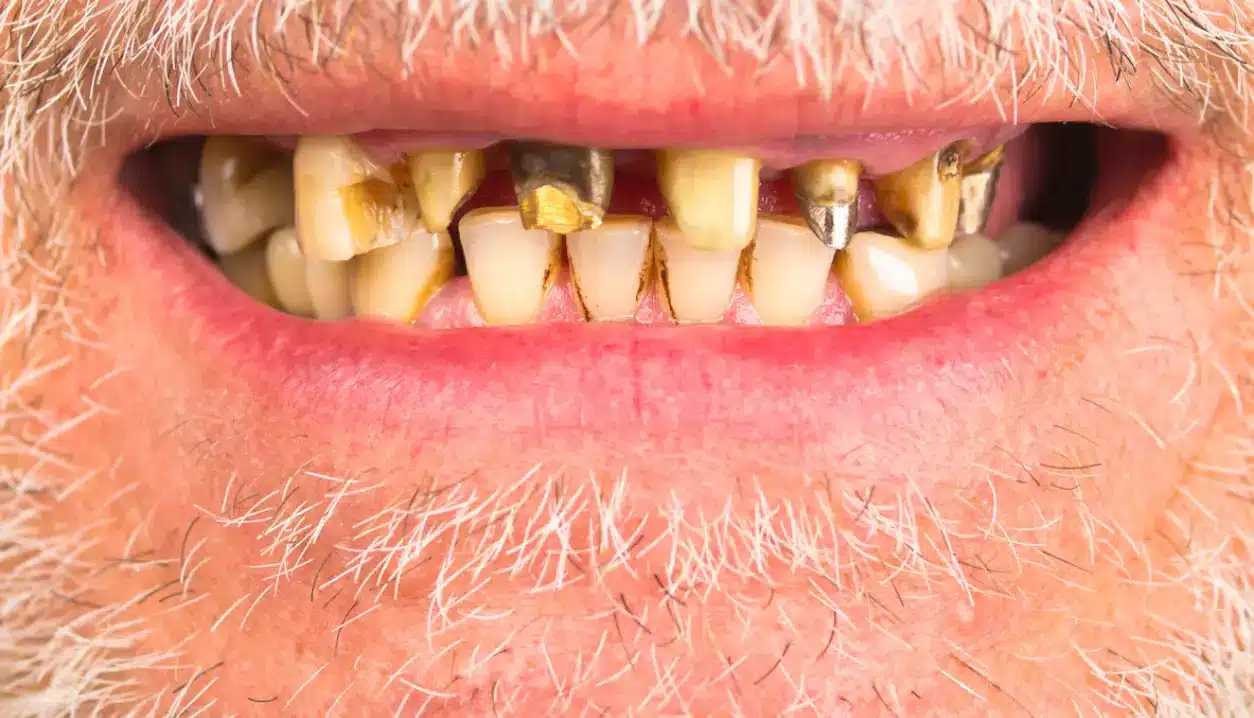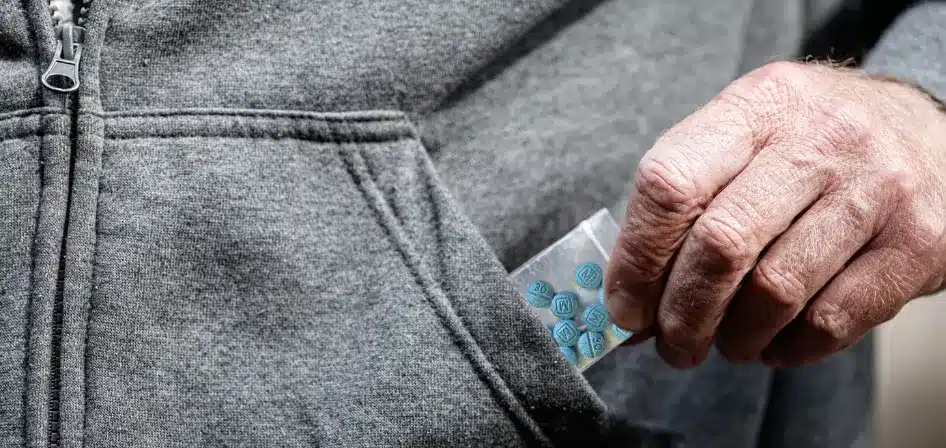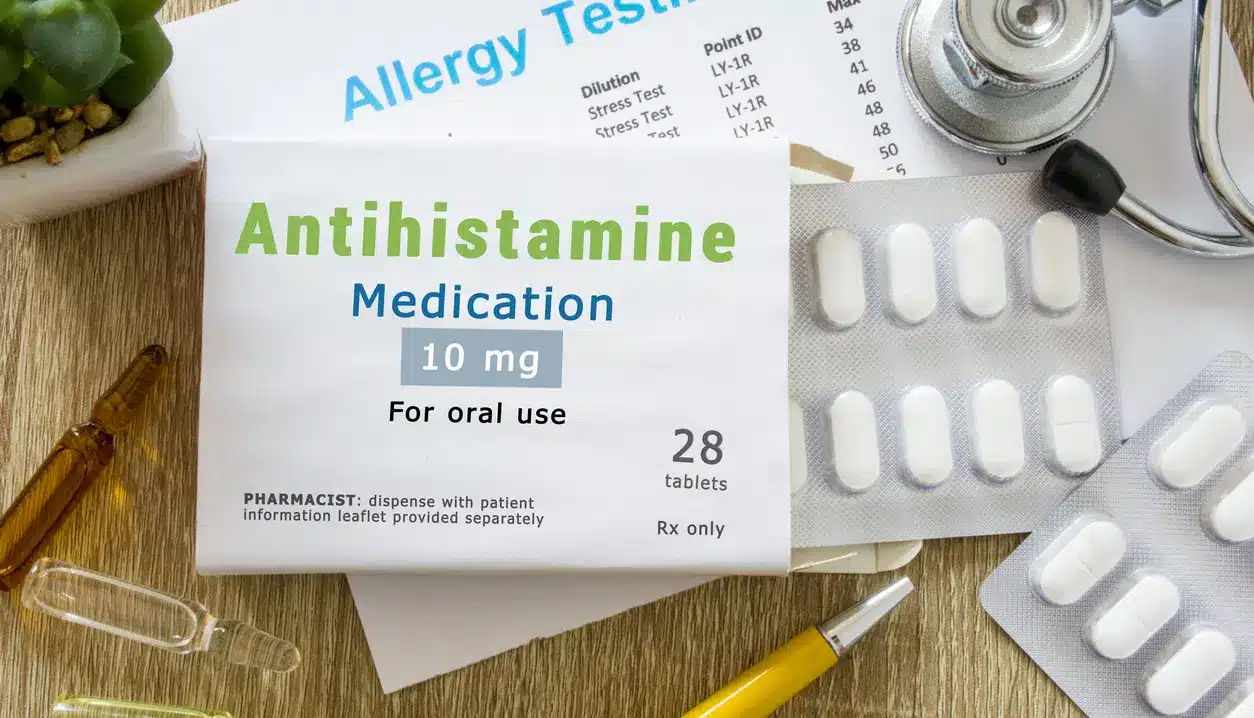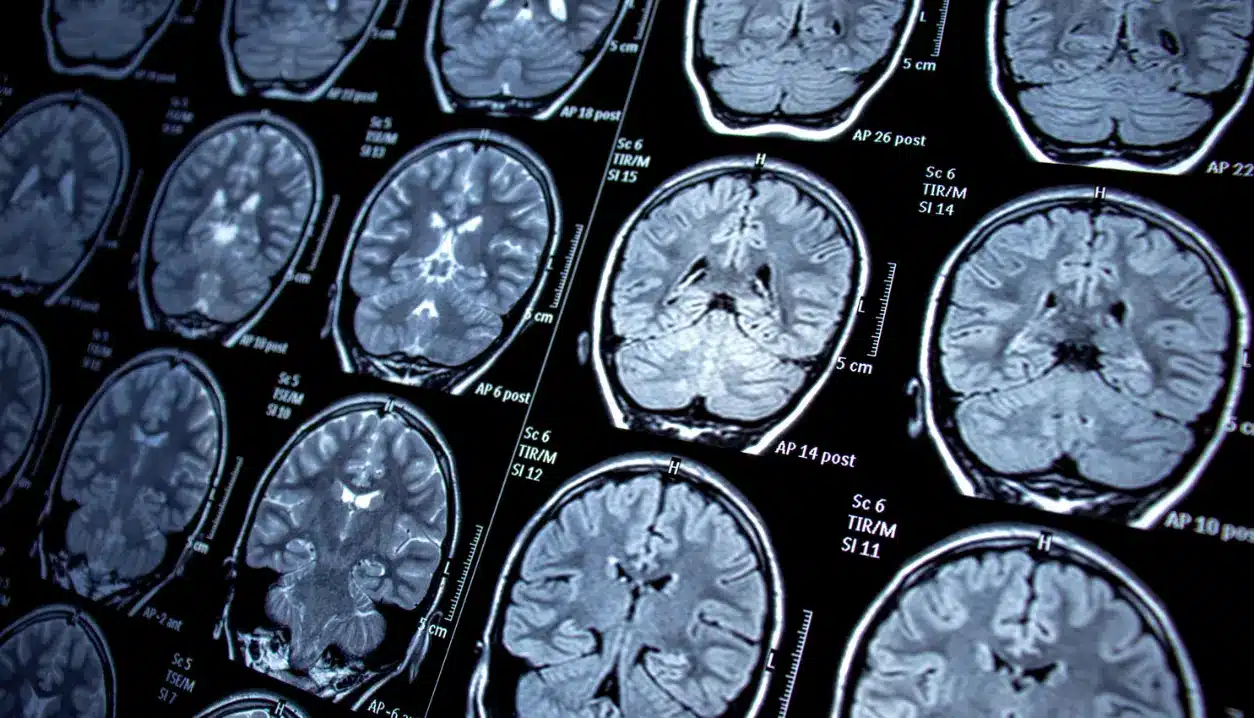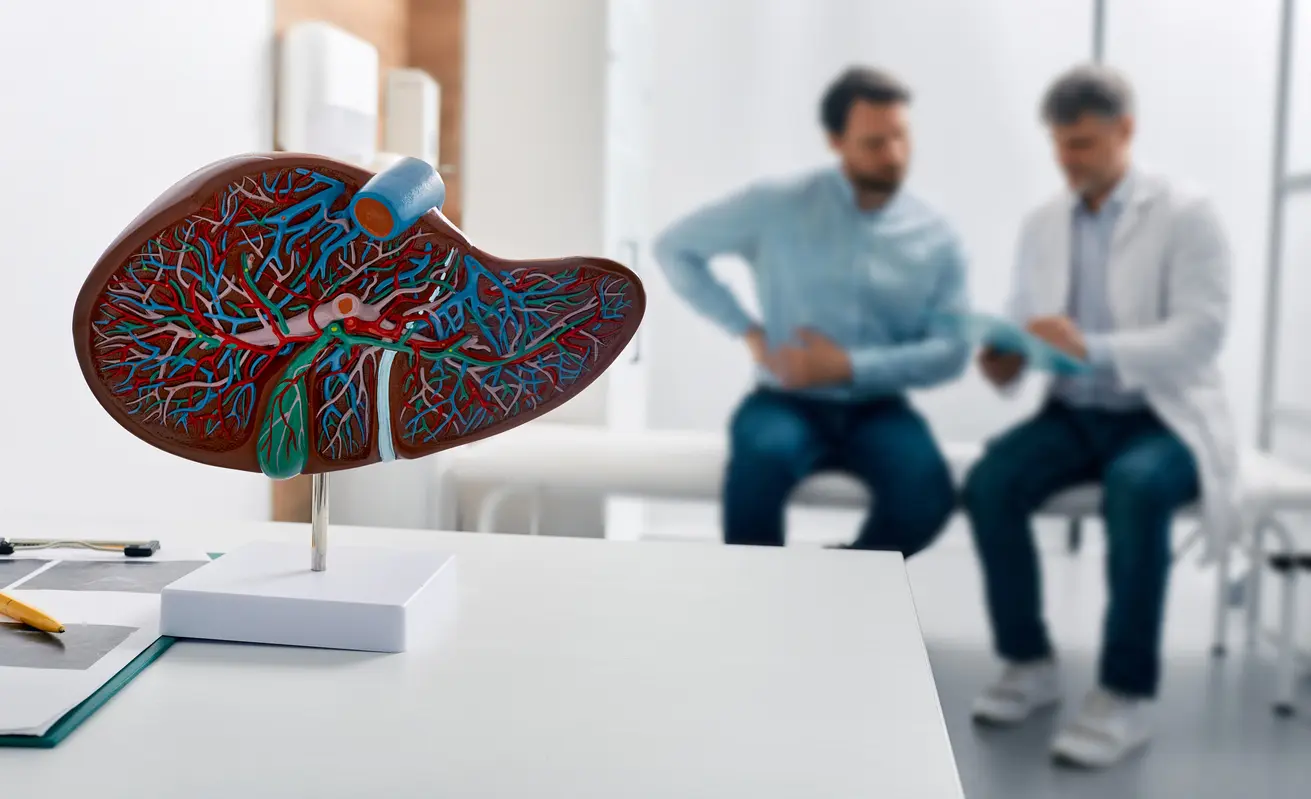Find Treatment Centres for Drug & Alcohol Rehab in Dorking
Accept help here at Ocean Recovery, deliverable via a drug and alcohol rehab in Dorking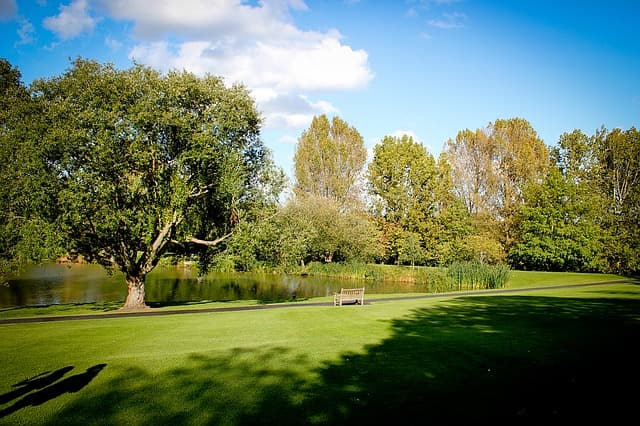

Dorking Drug and Alcohol Rehab Treatment Centres
It can be challenging to accept help through the private nature of addiction. A wealth of reasons, from stigmatisation to a lack of trust can decrease acceptance. Yet addiction is a brain condition with a multifaceted makeup, resulting in either one of two outcomes.
Drug and Alcohol Rehab Dorking
Drug and Alcohol Rehab Centres in Dorking
Pushing away help will be the first, where drug and alcohol exposure, consumption and abuse will continue. Accepting help will be the second, with the opportunity to recover, get clean and lead an addiction-free life.
You can encounter the latter here at Ocean Recovery, by welcoming the most effective help, in inpatient drug and alcohol rehabilitation. Offering tailored recommendations of treatment and next steps, to prolonging emotional help and safety through aftercare and planning, help can be private, compassionate, and personalised.
Experience the help of a drug and alcohol rehab in Dorking through inpatient means to embark on the strongest opportunity of addiction recovery.
 Get In Touch
Get In Touch
Are you suffering from Drug and Alcohol Addiction and need help? If so, Ocean Recovery is a leading UK based expert in Private Drug and Alcohol Rehab. Find out how we can help by getting in touch with our friendly team today. You can either call our confidential helpline or request a call-back by clicking on the below form.
Accepting help through addiction recovery
Help through personal and professional forms will be invaluable through addiction recovery. From emotional support through potential struggles to relying on a positive support network post-rehab, help can display in many different ways.
Accepting all forms of positive, trustworthy, and credible help will therefore be recommended, in order to experience the full intentions of addiction recovery. On a personal level, spending time with those who you can trust, who motivate positive behaviours, who maintain a clean house, and who support you to recover will be recommended.
On a professional level, inpatient drug and alcohol rehabilitation will be the most beneficial form of help through addiction recovery. Help will be displayed through emotional support, through the physical disconnect of detoxification, through all-around recovery and through planning for the future as sober.
Accepting help will lead to positive exposure to addiction recovery, while initially daunting to welcome, it will be highly beneficial for the long-term.
Available help via a drug and alcohol rehab in Dorking
Here at Ocean Recovery, we can professionally help you through addiction recovery by offering a variety of useful and progressive services. Provided through an inpatient drug and alcohol rehab in Dorking, experiencing a range of addiction treatment services, personal sessions of development and relapse prevention planning can be expected.
Initially available over a 28-day programme, inpatient care is handheld, is consistent and is personal, ensuring that comfort, privacy, and advancement can be encountered. From here, outpatient help will be accessible and highly recommended, to continue the journey of long-term recovery, ultimately sustaining a sober life.
Rehab will help each client differently, as programmes and recommendations fluctuate to match personal needs. Yet the consensus on help is that it makes drug and alcohol rehabilitation a possible experience, delivering opportunities for addiction recovery.
Arrangeable through our admissions process, visiting a drug and alcohol rehab in Dorking, with professional backing and help will be possible.
Tailored recommendations of treatment options
Recommending treatments and therapies here at Ocean Recovery follows a tailored approach. It is very important that treatment is effective and safe to complete, in order to ensure that rehab is worthwhile, and that time throughout inpatient rehab is used proactively.
It’s also vital that key tools and milestones are developed over the course of addiction treatment, which supports our use of tailored programmes.
Through a confidential assessment, at the beginning of the admissions process, understanding the type of treatments and therapies that will personally benefit you will be possible. Considering your physical and psychological health, influences of substance abuse, and degree of consumption, we can recommend fitting forms of treatment, which will consistently progress addiction recovery.
Recommended treatments will always include a detoxification process and exposure to therapy. Both are indefinite services to promote physical and psychological withdrawal and restoration. The type and degree of each will however vary to reflect your needs.
Relapse prevention planning is also a service that is consistently advocated, to support discharge planning for the future. Again, this is required to sustain recovery rates, on return to Dorking.
Within personal recommendations, a wide range of leading, medically driven treatment options will be found. In tandem with this, those which benefit overall health and wellbeing, through holistic means, will be recommended.
Aftercare and discharge planning
In order to leave a drug and alcohol rehab in Dorking with confidence and direction, professional help must continue, especially through the most vulnerable period of life after rehab. For the first 12 months, relapse risks are usually higher, causing vulnerabilities. Aftercare and discharge planning will benefit this period, to instil awareness, assurance, and a feasible structure.
Aftercare will be offered locally, displayed through support groups, personal check-ins, and therapy sessions. Discharge planning will begin throughout inpatient rehab, complement relapse prevention planning, helping to rebuild life and sobriety.
Together, a personal plan and exposure to ongoing help and motivation are found to strengthen the sustainability of rehabilitation, ready for long-term recovery.
Help will benefit you in one way or another throughout addiction recovery. Accept professional forms through inpatient rehab, offered here at Ocean Recovery.
Frequently Asked Questions
Choosing the right rehab treatment provider can be a life-changing decision; here are some of the most common questions we are asked pre-admission.
Is alcoholism considered a mental illness?
Addiction, including alcoholism, is recognised as a mental illness. Once the alcohol has an impact on the brain, where behaviours change, outlooks adapt and internal functions suppress, mental vulnerabilities can aggravate, making it a difficult brain condition to treat. Through rehab, alcoholism can however be treated, in tandem with any signs of mental illness.
How do I tell my family I need to go to rehab?
It can be challenging to vocalise the need for professional support. Yet doing so will provide direct access into rehab, a highly beneficial form of professional help. Opening up, by sharing your worries and experiences will be positive, along with highlighting the opportunity of rehab. We can help you with this step if required here at Ocean Recovery to familiarise all parties of rehab.
What are the advantages of inpatient rehabilitation?
Inpatient rehabilitation is highly advantageous as it offers 24/7 specialist care, suitable environments, consistent addiction treatment sessions and access to a comprehensive recovery process. A short sacrifice will be linked to inpatient rehab, beneficial through possible recovery rates.
Request A Callback
Enter your phone number and a member of our team will call you back to discuss your recovery.
Contact Us
For more information please get in touch using the information below
Call: 01253 847 553 Send us a messageDownload Our Brochure
For more information about the addiction services that Ocean Recovery offer, download our brochure.
Download our brochureDo I need help?
A lot of people are unsure if there are suffering from addiction. Take these tests to find out if its effecting you without your knowledge.
Select your test and find out more
Alcohol Addiction Treatments
Drug Addiction Treatments
Our Centre
Rehab In Northern England

Google Reviews
4
Tel: 01923 369161
Email: info@oceanrecoverycentre.com
Address: 94 Queen's Promenade, Blackpool, FY2 9NS
View CentreOur Partnering Centres
Rehab in Scotland

Google Reviews
5
Tel: 01475 303998
Email: info@novarecovery.com
Address: 10-12 Scott St, Largs, North Ayrshire, KA30 9NU
View CentreRehab in Greater London

Google Reviews
4.5
Tel: 01923 369 161
Email: info@cassioburycourt.com
Address: Cassiobury Court, Richmond Drive, Watford, Herts, WD17 3BH
View CentreRehab in the Midlands

Google Reviews
4.5
Tel: 01908 489 421
Email: info@asanalodge.com
Address: 48 Moorend Rd, Yardley Gobion, Towcester, NN12 7UF
View CentreOur Blogs

How to Commit to Sobriety
If you are suffering from alcohol addiction or substance misuse issues, it can be very difficult to overcome. Sobering up in the first place can be a major challenge, but recovery is not a single step – it is an ongoing process. Committing to sobriety means making a serious and continuing effort to stay away

Life After Addiction: How to Cope With Survivor’s Guilt
Recovering from addiction is a very personal journey, but something many share is a sense of achievement and renewal. On the other side of the coin, for many individuals who have walked this path, the joy of recovery can be accompanied by an unexpected emotional burden – survivor’s guilt. And this feeling (which is commonly

What Does Ketamine Do to Your Bladder?
Ketamine, in the context of recreational drug abuse, can have severe effects on our bodies – with one of the major organs impacted being the bladder. But what does ketamine do to your bladder? And why is it so serious? Find out the answer to this question and more below. What Is Ketamine? Ketamine is

The Link Between Alcohol and Chest Pain
The UK is known for its drinking culture, and many people use alcohol – often to excess. It’s estimated that 24% of adults in England and Scotland regularly drink over the Chief Medical Officer’s low-risk guidelines, while 27% of drinkers in Great Britain binge drink on their heaviest drinking days. Alcohol is linked to a

Methamphetamine Mouth: Signs, Causes & Risk Factors
The UK and USA are two of the biggest drug-taking nations in the world. Both countries have problems with drug addiction among the population and indulge in similar substances such as cocaine, opiates and meth. Although meth use isn’t as common here in the UK when compared to the US, tens of thousands still use

Are Fentanyl Deaths Rising in the UK?
There has been significant concern that the number of fentanyl-related deaths in the UK has recently been on the rise. In this article, we assess whether fentanyl is a widely used drug in the UK and how many people have died as a direct result of fentanyl use. What is Fentanyl? Fentanyl is a powerful

Can You Get Addicted to Antihistamines?
Antihistamines are medications commonly used to treat the symptoms of allergies, including hay fever, conjunctivitis, hives and reactions to insect bites and stings. They also have a number of other legitimate uses, such as treating nausea and sickness, motion sickness and insomnia. They can also be misused, particularly in forms that can make you feel

What is Wet Brain?
Alcohol abuse can lead to numerous health problems, and sadly, some of them can be severe and life-threatening. One of those conditions is known as “wet brain,” an informal term for Wernicke-Korsakoff Syndrome (WKS). This syndrome is a serious brain disorder, which is caused by a deficiency of thiamine (vitamin B1), and it’s often linked

Alcohol and Panic Attacks: Is There a Link?
When we drink alcohol, it can definitely cause some feelings of anxiety. But can they cause something more significant, like a panic attack? This question is one that many want an answer to as they work on understanding their personal relationships with alcohol and mental health. This blog explores whether there is a genuine link

How to Repair a Damaged Liver from Alcohol
.The liver, one of the body’s most vital organs, plays an essential role in processing nutrients, filtering toxins, and supporting overall health. Unfortunately, excessive alcohol consumption can severely damage this important organ. Understanding the impact of alcohol on the liver and recognising the signs of damage are the first steps towards recovery. This article explores




